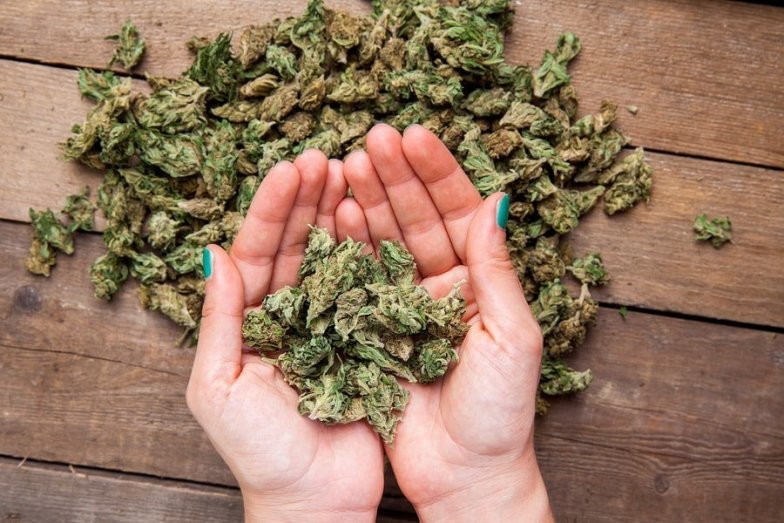
We have all heard about the tails of health benefits of THC (Tetrahydrocannabinol) and CBD, but what about the side effects of THC (Tetrahydrocannabinol).
Although Marijuana Enthusiasts swear by the effects of THC and its heavenly healing properties, Did you know that THC can produce a number of potential bad side effects, all of which vary upon strain type and method of consumption.
The choice to consume THC is extremely personal and selected by each individual on a case by case basis, but if you are a person dealing with some of the medical conditions or ailments listed below, then you may discover THC as being an extremely useful and healing alternative to conventional medical treatments or therapies.
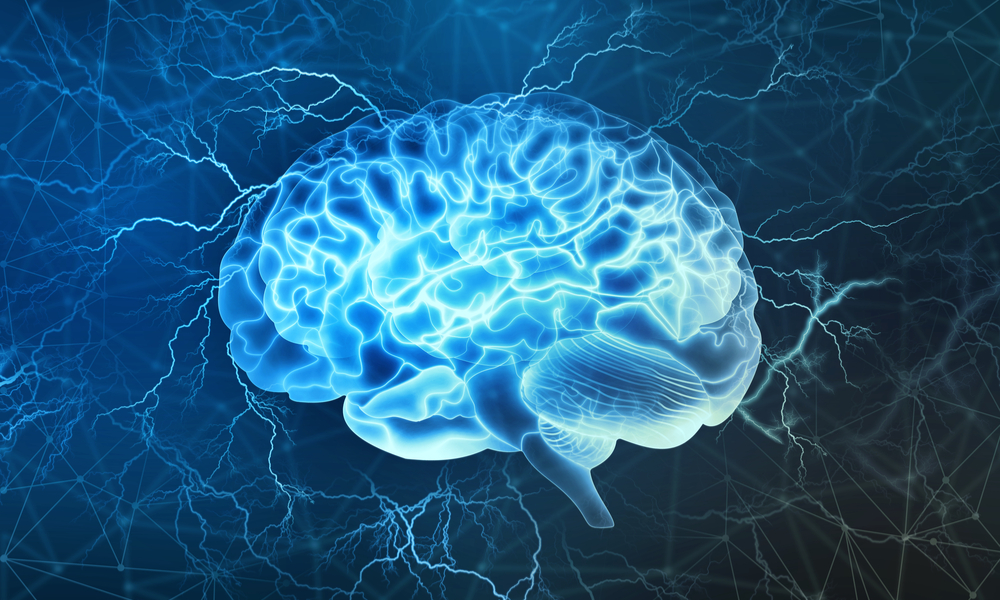
What is THC (Tetrahydrocannabinol)?
THC is the main psychoactive component of the cannabis plant. In other words, THC is the primary agent responsible for creating the ‘high’ associated with recreational cannabis use.
This compound works, in part, by mimicking the effects of anandamide and 2-AG. These neurotransmitters are produced naturally by the human body and help to modulate sleeping and eating habits, the perception of pain, and countless other bodily functions.
The Risk Factors of THC
The effects of marijuana make it a popular drug. In fact, it is considered one of the most commonly used illicit drugs in the world. But these effects also concern mental health advocates. THC can trigger a relapse in schizophrenic symptoms, according to NIDA.
Another possible risk of consuming THC comes in the form of impaired motor skills. Marijuana may impair driving or similar tasks for approximately three hours after consumption and it is the second-most common psychoactive substance found in drivers, after alcohol, reports the National Highway Traffic Safety Administration.
People taking medical marijuana are instructed not to drive until it has been established that they can tolerate it and conduct motor tasks successfully.
The bad side effects of THC on the human body
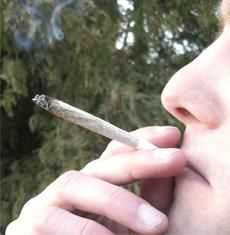
Here is a list and an explanation of each of the most common and prevelantly occurring THC side effects:
- Dry Mouth/Cotton Mouth: It goes by different names- whether referred to as dry mouth or cottonmouth, these synonymous symptoms are the lack of the mouth’s production of saliva, which can be uncomfortable or unpleasant for some. Thankfully, this is one of the most manageable of THC’s adverse effects.
With a little extra preparation and planning, dealing with cotton mouth can be a breeze. Be sure to drink plenty of hydrating fluids before, during and after your THC consumption. Staying hydrated not only brings more saliva to the mouth, it also decreases your chances of dehydration, headaches and any grogginess the next day. - Headaches/Lightheadedness/Dizziness: Less prevalent than some other side effects; headaches, lightheadedness and dizziness can all occur amongst some users and are sometimes related to dehydration or a lack of fluid consumption. In some other cases, it is simply the way a certain strain makes a specifical body chemistry react.
If you happen to experience this reaction, you may decide to stay away from that strain type and particular method of consumption, and try something else instead. - Increased Anxiety/Paranoia/Depression: For some, THC consumption is tied to an increase in anxiety, paranoia or depression. This is typically more prevalent amongst those who suffer from mood disorders, or have an anxiety/depression disorder to begin with.
This does not usually relate to the strain type, although it sometimes can, and tends to be linked more with the intake of higher doses of THC. If this is the case for you, try choosing a strain with a lower THC content, and build little by little as you feel is comfortable. - Dry Eyes/Itchy Eyes/Red Eyes: Another one of the more commonly occurring negative side effects of THC, dry, itchy or red eyes can be uncomfortable, but are not debilitating and are quite easily manageable by purchasing moisturizing eye drops from your local drug store or pharmacy and applying them when you feel this discomfort arising.
These drops are affordable and can be kept on hand or nearby, so that you won’t have to spend another moment worrying about this adverse effect. - Increased heart rate. Marijuana (THC) raises heart rate for up to 3 hours after smoking. This effect may increase the chance of heart attack in older people and those with heart problems may be at higher risk.
How Does Tetrahydrocannabinol/Marijuana Affect a Person’s Life?
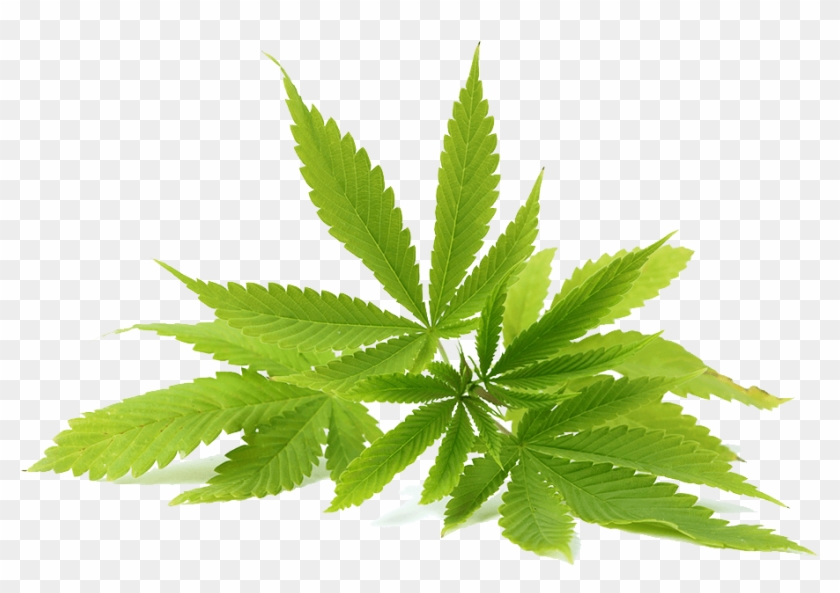
Compared to those who don’t use marijuana, those who frequently use large amounts report the following:
- lower life satisfaction
- poorer mental health
- poorer physical health
- more relationship problems
People also report less academic and career success. For example, marijuana use is linked to a higher likelihood of dropping out of school.18 It’s also linked to more job absences, accidents, and injuries.19
What Medical Conditions Can THC (Tetrahydrocannabinol) Assist With?
The type of medical condition you have will depend on which strain you help you the most. But over all medical use of THC can help with:
- Sleeplessness (insomnia)
- Depression
- Anxiety
- Nausea
- Lack of Appetite
- Pain Management
- Chronic Pain/Stress
- Menstrual Pains
- Inflammation
- Muscle Tension
- Bipolar
- ADD/ADHD/PTST
Just to name a few, the list is much larger however those are the most prevalent uses for medical THC/cannabis
National Survey on Drug Use and Health: Trends in Prevalence of Marijuana/ Hashish for Ages 12 or Older, Ages 12 to 17, Ages 18 to 25, and Ages 26 or Older; 2017 (in percent)*
| Drug | Time Period | Ages 12 or Older | Ages 12 to 17 | Ages 18 to 25 | Ages 26 or Older |
|---|---|---|---|---|---|
| Marijuana/ Hashish | Lifetime | 45.20 | 15.30 | 52.70 | 47.50 |
| Past Year | 15.00 | 12.40 | 34.90 | 12.20 | |
| Past Month | 9.60 | 6.50 | 22.10 | 7.90 |
^ indicate low precision; no estimate reported.
Data in brackets indicate statistically significant change from the previous year. Previous NSDUH Data
Side effects of inhaling secondhand marijuana (THC) smoke?
Failing a company drug test
If you are around a lot of second hand marijuana smoke, you could be at risk of not passing your next company drug test. Studies have shown that very little THC is released into air, however it does not take much to fail a drug test.
Research findings suggest that, unless people are in an enclosed room, breathing in lots of smoke for hours at close range, they aren’t likely to fail a drug test. Even if some THC was found in the blood, it would be enough to fail a test.
Getting high from passive exposure?
Likely, if you are in a room with a lot of smoke, it can give a contact high. However, this really depends on the type of strain, and the amount of time you are exposed to the conditions.
Overall the side effects of Tetrahydrocannabinol
The choice to consume THC is extremely personal and selected by each individual on a case by case basis, but if you are a person dealing with some of the medical conditions or ailments listed below, then you may discover THC as being an extremely useful and healing alternative to conventional medical treatments or therapies. We would suggest combining your traditional treatment with THC to get the best effects.
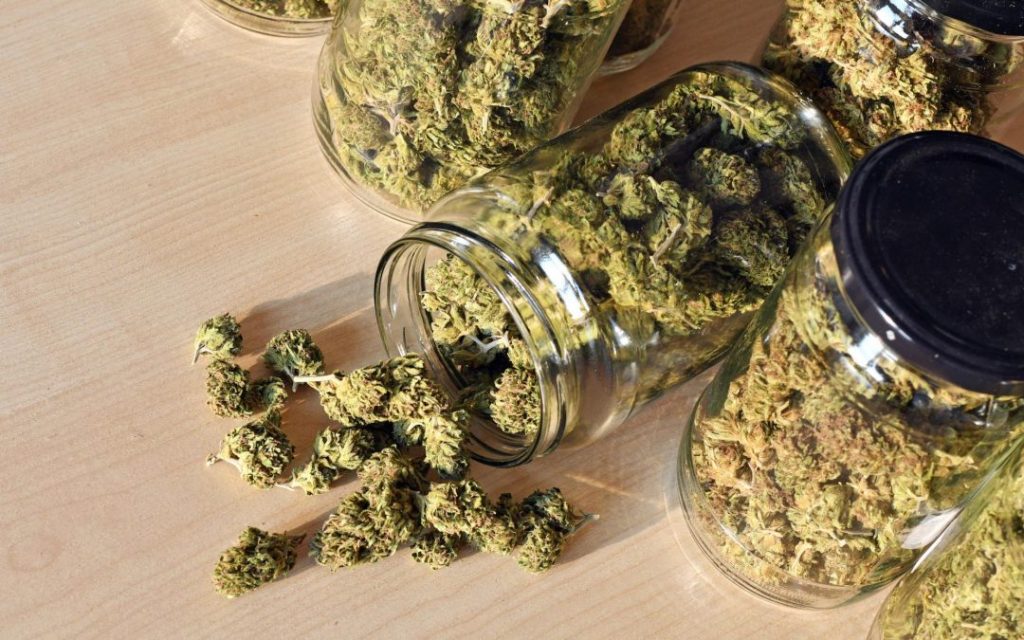
Personal Story of THC/CBD curing Cancer
About 5 years ago my mother was diagnosed with stage 4 lung cancer that had spread to the kidney region. The doctor gave my mother 1 year to live and she was not going to let cancer beat her.
This is how I first heard of medical marijuana, my mother first got her medical card and started taking the Rick Simpson oil. She took all the research she had done and is now cancer free.
She took all her doctors advice, changed her way of eating, took the Rick Simpson oil and took the advice of a Naturopathic Doctor. All 4 things help her beat cancer and to this day she stays cancer free.